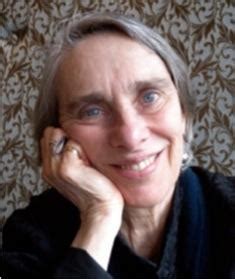Top 21 Quotes & Sayings by Joan Larkin
Explore popular quotes and sayings by an American poet Joan Larkin.
Last updated on September 20, 2024.
People want poetry and need it - we need what's not honored by the corporate mentality that has taken over. It gives people a language for responding to the violence, the shallowness, the near-nothings, the toys we're all supposed to want. It's a way for people to be able to connect with themselves.























